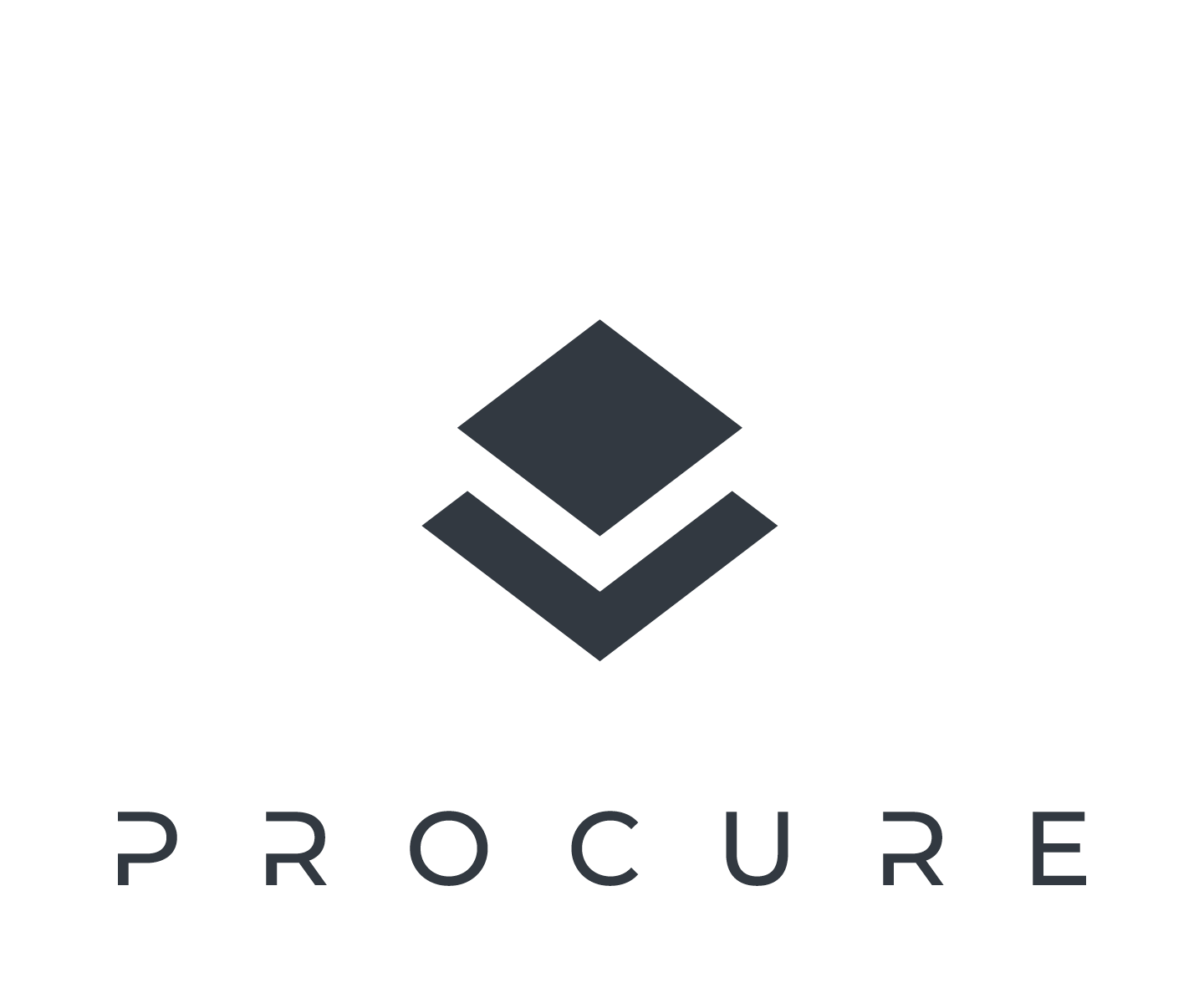Rethinking Procurement:
A Pathway to Greener,
More Resilient Healthcare
“Integrating environmental sustainability into value-based healthcare is a crucial step in creating a more holistic and sustainable healthcare system.”
In an era defined by climate change and resource scarcity, the healthcare sector faces a dual challenge: delivering high-quality, resilient care while dramatically reducing its environmental footprint. This tension lies at the heart of Thematic Area 4 – Sustainable Procurement, led by MedTech Europe under the PROCURE Project’s Community of Interest Forum - CoIF.
As healthcare systems strive to become more sustainable, procurement emerges as a critical lever of change. Through two webinars stakeholders explored how embedding environmental, social, and governance (ESG) considerations into procurement processes can reshape healthcare delivery—ensuring both sustainability and crisis resilience.
Webinar 1 – Improving Sustainability in Healthcare Procurement
The first session held in February 2025, focused on the often-overlooked environmental cost of healthcare, which accounts for significant carbon emissions, waste, and resource depletion. For example, in the Netherlands, healthcare contributes to 7% of national CO₂ emissions, 13% of raw material use, and 8% of blue water use. A case study from Erasmus MC revealed that 60% of its emissions stem from upstream supply chains, with pharmaceuticals alone contributing to 40% of that figure.
Experts Prof. Erik van Raaij and Dr. Maike Tietschert from Erasmus University presented procurement not merely as a logistical necessity, but as a powerful strategic tool. They argued for a total value chain approach, urging stakeholders to move beyond price-driven decisions and consider long-term environmental and societal value.
Central to the discussion was the idea of procurement as an orchestrator of change. From life-cycle assessments to early supplier engagement and “green tendering,” the tools exist to pivot toward a more circular, value-based model of procurement. The webinar also introduced the “12Rs” framework, advocating practices like redesign, reuse, repair, and recycling over linear consumption.
The call to action? Start small, act deliberately, and integrate sustainability into organisational culture and procurement policies—laying the groundwork for systemic, lasting transformation.
Webinar 2 – Towards Greener Healthcare: The Power of Partnerships
Building on the foundations laid in the first session, the second webinar held in March 2025, shifted the lens to medical technologies and their capacity to support more sustainable care pathways. Rather than focusing solely on product design, speakers Keith Moore (Sustainable Healthcare Coalition, UK) and Mesut Kocaman (Johnson & Johnson, UK) examined how innovations in medical devices can reduce unnecessary interventions, shorten hospital stays, and enable earlier diagnoses—ultimately cutting emissions and improving patient outcomes.
A key insight was the “care pathway approach”, which looks beyond the footprint of individual products to assess the full environmental impact of patient care. By mapping each step—from diagnosis to treatment and follow-up—healthcare systems can identify “carbon hotspots” and optimise processes.
The case study on anastomotic leak (AL) in gastrointestinal surgery demonstrated this principle. Preventive measures, such as using antibacterial sutures, were shown to reduce complications, improve clinical outcomes, and significantly lower environmental impact. This aligns with the principles of value-based healthcare, where patient outcomes, cost-efficiency, and sustainability converge.
A Shared Responsibility for a Sustainable Future
Together, these two webinars offered complementary perspectives—one focused on procurement strategy, the other on technological impact along care pathways. Both sessions reinforced the idea that sustainable healthcare is not a distant aspiration but a practical, achievable goal—provided we embrace collaboration, innovation, and system-wide thinking.
The path to greener healthcare is complex, but the message from Thematic Area 4 is clear: procurement, when used wisely, can catalyse the change we need.

